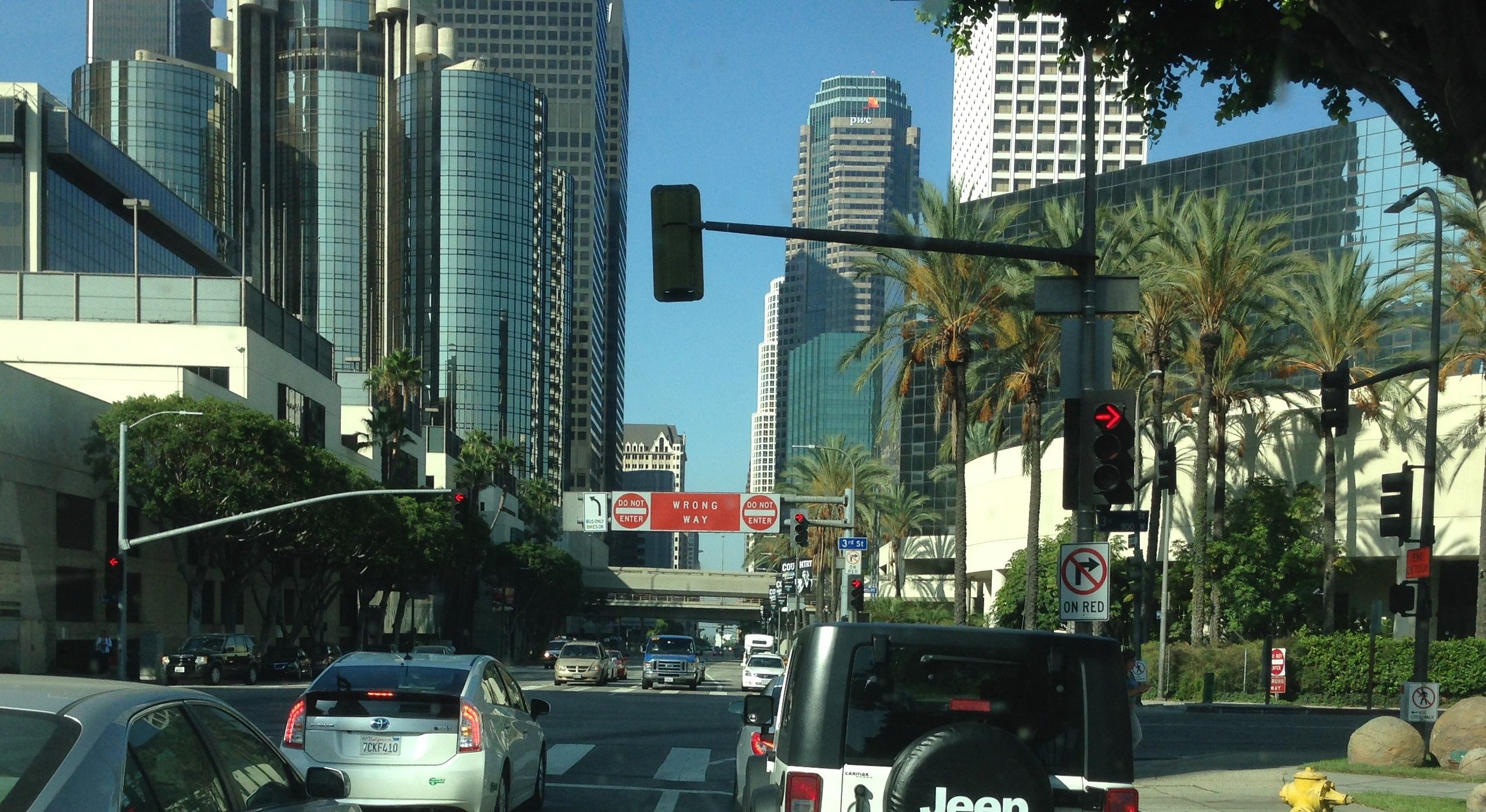Large City Problems: Dunbar's Number and Social Networking

I think the problem with larger cities, the less people wanna talk to strangers, because it becomes more and more difficult to keep track of all of the humans.
According to Robin Dunbar, the average person is only really cognitively capable of having a good relationship with about 150ish other people. So think about what happens when you keep adding people 300, 3000, 30000, 300000, SF alone clocks-in at well over 800,000 people. It's possible that in an average day walking to and from the public transportation systems and at work, that you could face numbers of multiplicatives above the number of people that you're really capable of knowing.
So, the brain, doing it's typical thing, tends to shut out what isn't considered important, to focus on chunks of people who are considered valuable to you. Perhaps you work in a storefront business, and your customers are valuable to you, but YOU are just one stop in their daily routine, so you get chunked into the group of people and things they don't need to think about or remember, unless they need something from you.
Hence, the social conundrum of being ignored by a majority of the population that walks down the street in a busy city.
Now, for many of us, especially business owners and investors, we keep a very large number of “friends”, business relationships, and social relationships connected to us through Social Media platforms, such as Steemit, Facebook, LinkedIn, Twitter, Tumblr, Reddit, and elsewhere. Although I still believe that we often maintain strong relationships with less than 150 people, it is possible to maintain at-least some kind of valuable intercourse with these large numbers of people in many ways.
Dunbar began his research into sizes of people, when he learned that Bill Gore, founder of GORE-TEX discovered that when you put more than 150 people into a building or factory, they would work together less coherently--operating more as individuals than as a team. Businessman and networking guru, Brad McCarty has fashioned a working model wherein he organizes his large number of social and business contacts into categories he calls “factories” in-honor of Bill Gore’s methods.
By ordering people into categories, McCarty can keep a functional relationship with each of these groups of people, irrelevant to the total number of relationships he develops. I’ve seen many people use tactics similar to this, and it is not unlike the “#” tag topics of the Steemit and other networking sites. For instance, if you are a fashion designer with a following on Etsy, and you have a group of customers that specifically take interest to your hat collection, you can put them all in a “Hat” category, and distribute Hat content to them, and even have a dedicated Hat Blog that you use to disseminate that content and provide a platform for Hat-related discussions.
So, Dunbar’s Number is in many ways a very true factor. The concept is why you may be ignored in a big city, and why many people choose to raise their children in smaller towns or close-knit neighborhoods. It is also a powerful idea, in that you can create multiple functional teams who can work together well, but that it is best to keep them as small focus groups in-order to facilitate cohesiveness amongst each group. Furthermore, it is key in today’s world of social networking to take advantage of categorization techniques to separate our large number of contacts into groups of functional relationships, instead of being lost in the cloud.
Best of wishes in your many relationships!
-Kyle Goodman
Robin Dunbar - https://en.wikipedia.org/wiki/Dunbar%27s_number
Brad McCarty - https://www.fullcontact.com/blog/author/brad/
Hey, great picture ! I upvoted you , and I will probably go on with upvoting!
Would you follow and upvote me too !
follow and upvote me back my friend :), thank you